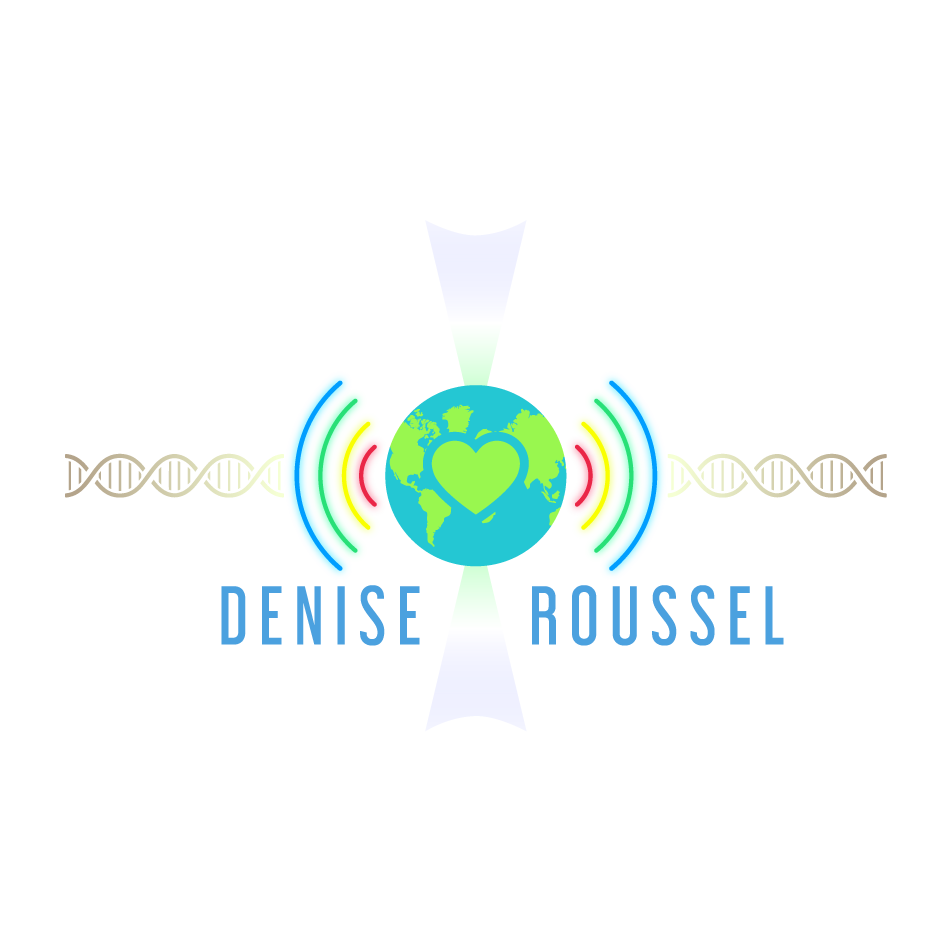On the first anniversary of Cory’s passing, I organized a small retreat at Jacob’s Well in Wimberley, Texas, a place layered with meaning and connection.
It felt deeply essential to carry forward Cory’s legacy of love and compassion, keeping his spirit alive through the bonds we share.
As part of this journey, I immersed myself in the sacred surroundings, spreading some of Cory’s ashes at this revered site.
As the ashes floated gracefully, they seemed to form the ethereal shape of a genie.
Overhead, the shadow of my best friend—who embodies so many of Cory's qualities—stood on the cliff, creating a poignant silhouette.
This moment captured the dance of darkness and light, themes we navigate throughout our lives.
Through periods of darkness, both in my life and in my shared experiences with Cory, it was always the presence of light that gave meaning and depth, for without the light, there would be no shadow.
I’ve chosen to focus on that illuminating light, finding within it the pathway to personal freedom.
Today, my heart overflows with immense gratitude for every experience—the trauma and the joy alike—for each one is enriched by the other.
My life, I view as an epic journey, and I am profoundly thankful to be here now to embrace it all.
—————-
If you’ve experienced the unimaginable loss of one of your children, I understand.
It’s really tough.
I want you to know that I AM here with you, ready to support you.
You are not alone, even though it feels like it.
I’m providing you here with a list of resources to help you through your grief journey.
https://linktr.ee/HealingHeartsSupport
Don’t hesitate to reach out to me.
I love you. ❤️




